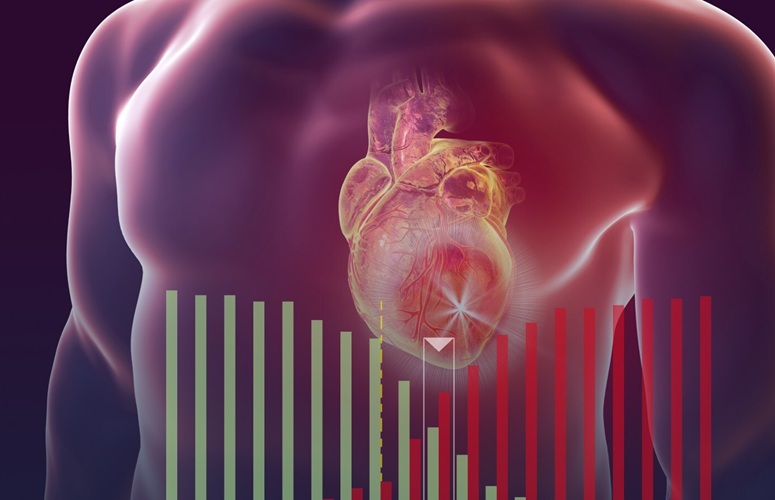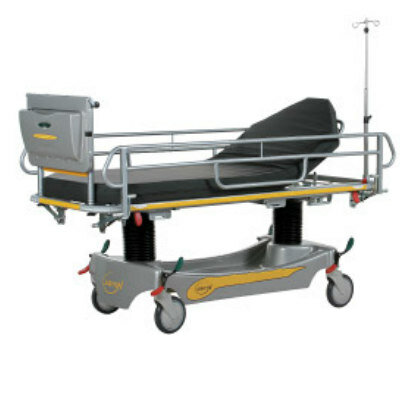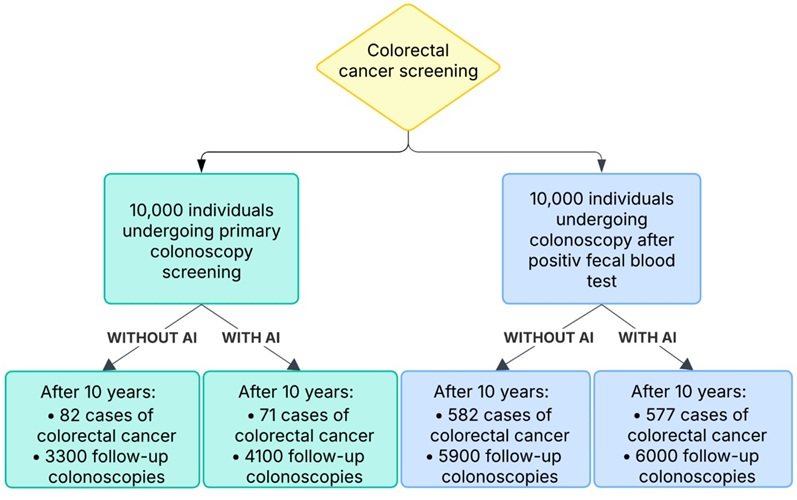AI Algorithm Detects Early-Stage Metabolic-Associated Steatotic Liver Disease Using EHRs
|
By HospiMedica International staff writers Posted on 25 Nov 2024 |

Liver disease, which is treatable when detected early, often goes unnoticed until it reaches advanced stages. Metabolic-associated steatotic liver disease (MASLD), the most prevalent form of liver disease, occurs when the liver is unable to properly manage fat, and it is commonly linked to conditions like obesity, Type-2 diabetes, and high cholesterol. Early detection of MASLD is crucial because it can rapidly progress to more severe liver conditions, but many individuals in the early stages show no symptoms, making diagnosis difficult. Now, a new study has demonstrated that an artificial intelligence (AI)-powered algorithm can accurately identify early-stage MASLD by analyzing electronic health records (EHRs).
Researchers at the University of Washington (Seattle, WA, USA) employed an AI algorithm to examine imaging data within EHRs from three sites in the University of Washington Medical System to identify patients who met the criteria for MASLD. Of the 834 patients identified, only 137 had a formal MASLD diagnosis recorded. This means that 83% of patients who met the criteria for MASLD were undiagnosed, despite the data in their EHRs indicating they were at risk.
“A significant proportion of patients who meet criteria for MASLD go undiagnosed. This is concerning because delays in early diagnosis increase the likelihood of progression to advanced liver disease,” said Ariana Stuart MD, a resident at University of Washington Internal Medicine Residency Program and lead author of the study. “People should not interpret our findings as a lack of primary care training or management. Instead, our study shows how AI can complement physician workflow to address the limitations of traditional clinical practice.”
Channels
Critical Care
view channel
AI Eye Scans Could Help Identify Heart Disease and Stroke Risk
New research has explored the advantages of utilizing artificial intelligence (AI) retinal imaging for screening cardiovascular diseases in general practice (GP) clinics and highlighted areas where improvements... Read more
Digital Heart Twin Improves Diagnosis and Treatment of Cardiac Arrhythmias
Millions of individuals around the globe suffer from cardiac arrhythmias. Traditionally, electrocardiography (ECG) has been used to detect premature ventricular contractions (PVCs), one of the most common... Read more
First-Of-Its-Kind AI-Powered Probability Scoring System Assesses Heart Failure with Preserved Ejection Fraction
Heart failure with preserved ejection fraction (HFpEF) is one of the most difficult types of heart failure to diagnose due to the intricate interaction between various clinical and echocardiographic factors.... Read moreSurgical Techniques
view channel
New Transcatheter Valve Found Safe and Effective for Treating Aortic Regurgitation
Aortic regurgitation is a condition in which the aortic valve does not close properly, allowing blood to flow backward into the left ventricle. This results in decreased blood flow from the heart to the... Read more
Minimally Invasive Valve Repair Reduces Hospitalizations in Severe Tricuspid Regurgitation Patients
The tricuspid valve is one of the four heart valves, responsible for regulating blood flow from the right atrium (the heart's upper-right chamber) to the right ventricle (the lower-right chamber).... Read morePatient Care
view channel
Portable Biosensor Platform to Reduce Hospital-Acquired Infections
Approximately 4 million patients in the European Union acquire healthcare-associated infections (HAIs) or nosocomial infections each year, with around 37,000 deaths directly resulting from these infections,... Read moreFirst-Of-Its-Kind Portable Germicidal Light Technology Disinfects High-Touch Clinical Surfaces in Seconds
Reducing healthcare-acquired infections (HAIs) remains a pressing issue within global healthcare systems. In the United States alone, 1.7 million patients contract HAIs annually, leading to approximately... Read more
Surgical Capacity Optimization Solution Helps Hospitals Boost OR Utilization
An innovative solution has the capability to transform surgical capacity utilization by targeting the root cause of surgical block time inefficiencies. Fujitsu Limited’s (Tokyo, Japan) Surgical Capacity... Read more
Game-Changing Innovation in Surgical Instrument Sterilization Significantly Improves OR Throughput
A groundbreaking innovation enables hospitals to significantly improve instrument processing time and throughput in operating rooms (ORs) and sterile processing departments. Turbett Surgical, Inc.... Read moreHealth IT
view channel
Printable Molecule-Selective Nanoparticles Enable Mass Production of Wearable Biosensors
The future of medicine is likely to focus on the personalization of healthcare—understanding exactly what an individual requires and delivering the appropriate combination of nutrients, metabolites, and... Read more
Smartwatches Could Detect Congestive Heart Failure
Diagnosing congestive heart failure (CHF) typically requires expensive and time-consuming imaging techniques like echocardiography, also known as cardiac ultrasound. Previously, detecting CHF by analyzing... Read morePoint of Care
view channel
Handheld, Sound-Based Diagnostic System Delivers Bedside Blood Test Results in An Hour
Patients who go to a doctor for a blood test often have to contend with a needle and syringe, followed by a long wait—sometimes hours or even days—for lab results. Scientists have been working hard to... Read more
Smartphone-Enabled, Paper-Based Quantitative Diagnostic Platform Transforms POC Testing
Point-of-care diagnostics are crucial for public health, offering rapid, on-site testing that enables prompt diagnosis and treatment. This is especially valuable in remote or underserved regions where... Read moreBusiness
view channel
Expanded Collaboration to Transform OR Technology Through AI and Automation
The expansion of an existing collaboration between three leading companies aims to develop artificial intelligence (AI)-driven solutions for smart operating rooms with sophisticated monitoring and automation.... Read more


















